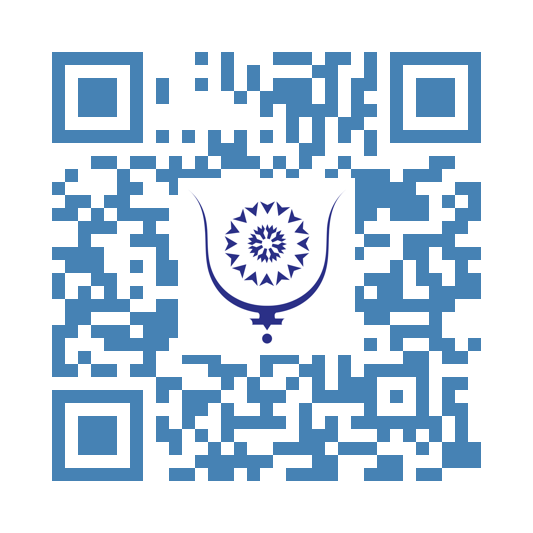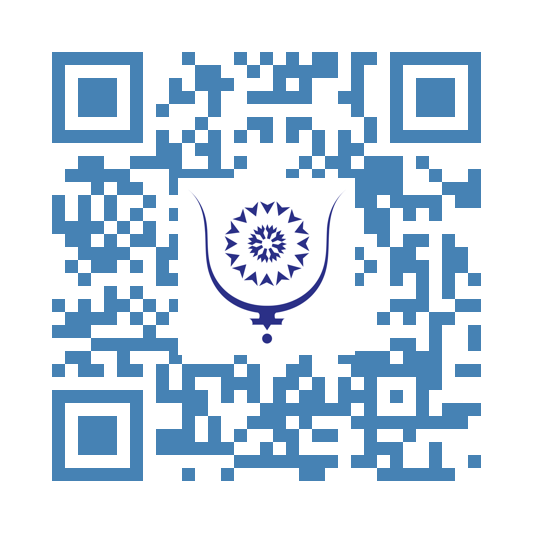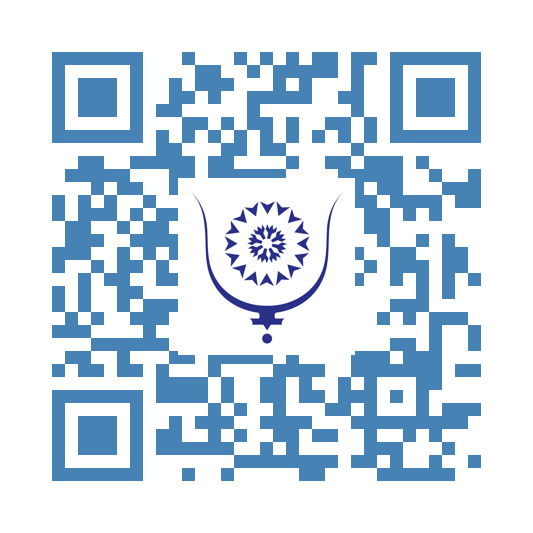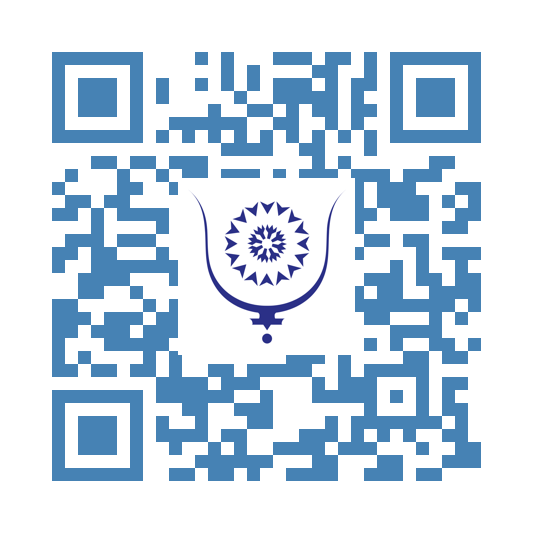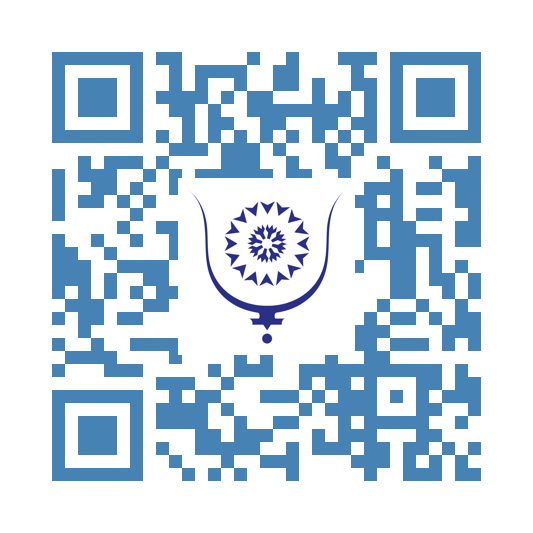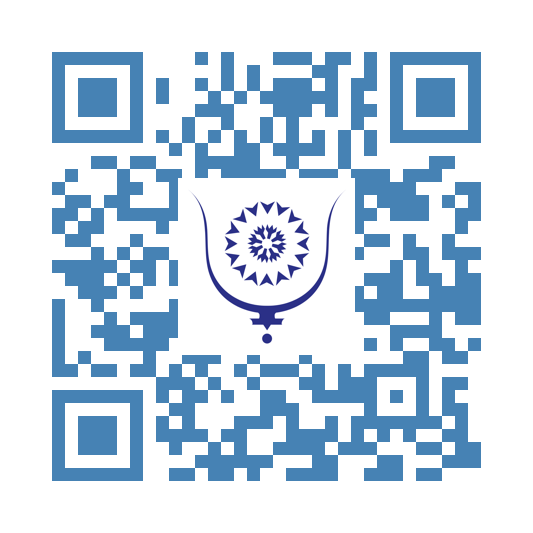Maroc 2030 : le football, un levier géopolitique et stratégique en attendant les autres disciplines sportives… 172
Le Royaume du Maroc, à travers le football, s’impose aujourd’hui comme un acteur majeur de la géopolitique sportive. Il manifeste clairement sa volonté de se tailler une place de choix sur la scène internationale dans ce domaine. Une vision au plus haut niveau de l'Etat, par ailleurs partagé par le peuple marocain qui fait sien ce choix. Cette dynamique s’illustre notamment par la co-organisation de la Coupe du Monde 2030 avec l’Espagne et le Portugal, un événement d’envergure historique qui symbolise une victoire politique et diplomatique majeure.
Cette co-organisateur de la Coupe du Monde 2030, aux côtés de deux états européennes, est le fruit d’une longue stratégie patiente et déterminée. Le résultat d’une conviction ancienne qui ne s’est jamais altérée. Après cinq candidatures infructueuses, le royaume a su convaincre la FIFA et les fédérations membres, devenant ainsi le deuxième pays africain à accueillir le tournoi après l’Afrique du Sud en 2010. En fait, hormis les contingences politiques d’alors, la sympathie mondiale réservée à Nelson Mandela et les pratiques douteuses des décideurs de la FIFA de l’époque, jamais l’Afrique du Sud n’aurait pu organiser la Coupe avant le Maroc, pour des raisons footballistiques évidentes .
Le Royaume a tout de même été récompensé pour sa patience, sa résilience et sa conviction. Il va abriter le mondial du centenaire, une édition à tous points de vue, exceptionnelle, inscrite dans une logique de partage des coûts. Elle aura un impact économique et diplomatique considérable, renforçant les liens entre l’Europe et l’Afrique et mettant en lumière le rôle du football dans le rapprochement entre les peuples, le développement social et sportif de la région. Jamais l’Europe n’aura été aussi proche et coopérative avec le continent noir et inversement. Le Maroc organise au nom de tout un continent.
Le football est un véritable outil de soft power que la Maroc manie pour renforcer ses relations diplomatiques en Afrique. Sa Majesté le Roi n'a t il pas ordonné au Comité Local d’Organisation d’inclure des compétences de tout le continent?
La Fédération Royale Marocaine de Football a depuis longtemps multiplié les partenariats avec des fédérations africaines, offrant un soutien financier et logistique, et invitant de nombreux pays à utiliser les nombreuses infrastructures modernes du pays pour leurs entraînements ou compétitions. Cette politique volontariste et positive consolide naturellement l’influence marocaine sur le continent, dans un contexte où le pays cherche à contrer celle d’autres puissances régionales qui ne lui vouent pas un grand amour.
Au plan footballistique pur, le Maroc s’affirme progressivement comme une puissance africaine. Il remporte ou participe à toutes les finales continentales majeures avec une montée en puissance constante de ses équipes nationales. Cette réussite est soutenue par des investissements massifs dans la préparation des joueurs, avec la construction de centres de formation performants à l’image de l’Académie Mohammed VI de Salé.
Le Royaume exporte également de plus en plus de joueurs et d’entraîneurs vers les championnats en Europe, au Moyen-Orient et en Afrique. Ceci contribue au renforcement de son image et de son influence. Selami à titre d'exemple vient tout récemment de qualifier la Jordanie pour la 1ère fois de son histoire en coupe du monde, une équipe mise sur orbite par son compatriote Amouta.
Par ailleurs, la diaspora marocaine joue un rôle clé : de nombreux joueurs nés ou formés à l’étranger choisissent enthousiastes de porter les couleurs marocaines, décomplexés et fiers de représenter leur pays d’origine. Cette mobilisation de talents diasporiques est un atout stratégique qui enrichit les sélections nationales et renforce leur rayonnement.
Le Maroc ne se contente donc pas de la simple ambition sportive du football. Il le conçoit comme un vecteur de rayonnement international, un levier de marketing territorial , comme en témoigne la convention stratégique « Maroc, Terre de Football » signée entre la FRMF et l’Office National Marocain du Tourisme. Cette alliance traduit la volonté du Royaume de bâtir une image forte, inspirante, et d’attirer passionnés et touristes du monde entier. C’est le prolongement de la politique de construction et de renforcement de la marque Maroc, qui s’impose chaque jour un peu plus dans le monde économique à l’échelle universelle. Le Maroc n’a plus de complexe à s’avouer être une puissance industrielle qui s’affirme chaque jour un peu plus.
La démarche s’inscrit dans une perspective géostratégique globale où le football est appelé à renforcer la place du Maroc sur la scène africaine et internationale, à affirmer son leadership continental et à soutenir ses avancées diplomatiques, notamment sur la question sensible des provinces du sud.
En utilisant le sport comme un outil diplomatique et économique, le Maroc vise à consolider ses alliances, à étendre son influence et à préparer un avenir où il occuperait une position centrale dans les relations entre l’Afrique, l’Europe et le monde et il ne s'en cache point. Tout le monde a aujourd’hui compris que pour traiter avec l’Afrique, notamment pour les questions économiques et certains aspects politiques, le Royaume est incontournable.
La question se posent désormais pour les autres disciplines sportives. En fait, cette politique du football n’a pu se mettre en place et réussir que par la compréhension de la vision royale dans ce domaine, de la part d’une fédération qui, avant toutes les autres, a rectifié le tir, suite à la lettre royale adressée au monde du sport en 2008. La FRMF s’est mise en marche de façon intelligemment construite, récoltant aujourd’hui les premiers résultats de son engagement.
D’autres fédérations, hélas, sont restées dans l’obscurité, empêtrées dans une certaine platitude voire une léthargie qui les rend de plus en plus médiocres, de plus en plus décriées. D’ailleurs. Certaines, et non des moindres, sont simplement insignifiantes au plan continental et mondial, ou le sont devenues par manque de clairvoyance et de compétence, alors que les moyens sont là et que tous les voyants sont au vert pour le sport en général.
Le développant des autres disciplines, pourrait diversifier le soft power sportif du pays, renforcer ses liens diplomatiques et mieux répartir les retombées économiques et culturelles des événements sportifs sur l’ensemble du territoire national. La diversification étant justement au cœur de la vision royale.
En attendant, le Maroc fait donc du football un atout politique majeur, mêlant sport, diplomatie et développement économique pour s’imposer comme un acteur incontournable de la géopolitique sportive.
La Coupe du Monde 2030 est à la fois un symbole et un catalyseur de cette stratégie ambitieuse, qui promet de redessiner les équilibres régionaux et internationaux autour d’un ballon plus rond que jamais et ce en attendant le réveil des autres disciplines sportives ?



